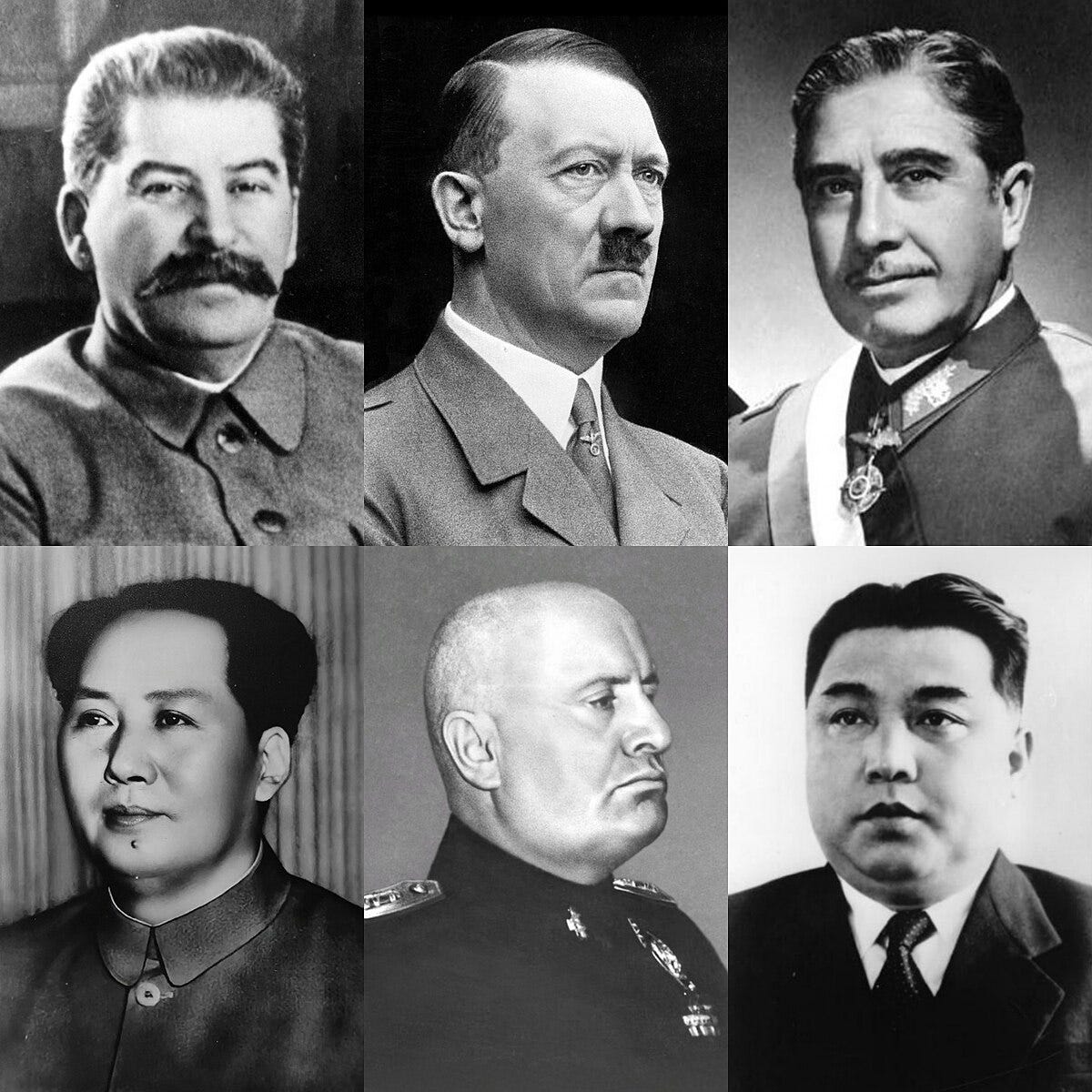Uncertainty is a superpower (and a fatal flaw)
It's OK not to know for sure. That's what makes us human.

Uncertainty can be a gift and certainty can be a curse.
I learned that from history and life.
When times are good, we can’t be certain that they'll stay that way. A lot of us, myself included, waste time being anxious about when and what will go wrong.
The flip side of that uncertainty is that no matter how bad things get, we can't be certain that they won't get better. Without uncertainty we wouldn't have hope.
Of course, taken to extremes uncertainty can be debilitating.
But if we’re willing to be anxious about things going wrong because the future is uncertain, why don’t we allow ourselves to believe that things will get better because the future is uncertain?
Anything could happen. And that feeling of uncertainty is a blessing (and a relief).
If you’re shipwrecked, you could be rescued — or figure out how to build a new boat.
If you’re sick, you could be healed — or find a cure yourself.
If you’re broke, you could land a job — or start a new business.
We grow up thinking that doubt is the enemy. Which only makes it worse, because we will inevitably doubt ourselves. But are we certain that anyone, no matter how great, is free from doubt? Of course not.
Uncertainty when channeled correctly is a superpower. But we have to look past the anxiety, and examine the underlying reason for that uncertainty.
It’s that nagging feeling that ties up our stomach the day before the big interview. OK, why do I feel this way? Is this my gut telling me I might not be fully prepared? Examine the feeling. The key is not to suppress it.
Because it might turn out that you just need to review some common interview questions. Sometimes you might not find a trigger for action. In that case, it might be a false alarm. It is possible. (I struggle with this one.)
Uncertainty can propel us to:
Reexamine our cherished beliefs.
Entertain the ideas of others.
Work to insulate ourselves from risk.
Take a wide range of positive actions.
A feeling of uncertainty is why I double check a citation or source. That nagging feeling pushes me to read the article I’m writing one more time before hitting “publish.”
Uncertainty can also be a sign that you care.
Many actors and performers will tell you that when the butterflies die completely, it’s a sign that you need to hang it up. You just don’t care anymore.
Unchecked this uncertainty can become a pathology. But I think it's fair to say that people who suffer from excess uncertainty are primarily a danger to themselves.
On the other hand, people with an excess of certainty are more likely to be a danger to others.
Blind faith and megalomania have caused tragedies throughout history.

It usually takes an abundance of those traits to start a war. Or become a dictator. It's too easy to find examples of absolute certainty in history, or government today.
Too much certainty leads to people running roughshod over others’ rights and beliefs.
Too much certainty closes our minds to new ideas.
A little doubt can save lives.
In 1962, two of the three chief officers aboard a Soviet submarine armed with nuclear missiles were convinced that a war with the U.S. had begun. Chief of Staff Vasili Arkhipov had his doubts, though, and he refused to approve the missile launch.
Of course, it could be argued that uncertainty is a coin. Turn it over and you find certainty on a different issue.
All the more reason we shouldn’t take our certainties or our theories at face value.
It’s obvious why we admire people with strong convictions. We’re all too aware of our own doubts, and the modern world favors people who hide them.
The internet hates hypocrisy. Although too often “hypocrisy” just means changing your mind.
But what’s the alternative upon receiving new information that forces you to rethink your assumptions? Entrench yourself deeper and avoid anything that prompts more uncertainty?
Once you've walled yourself off from any challenges to what your certain about it's easy to become convinced that you know best. And usually for a large group of people.
“I know best” at the extremes leads to dictatorship and repression.
The problem is that we’re often led by people with a superabundance of conviction, because to weather all the b.s. to get to a place of influence takes a high degree of certainty.
That certainty usually takes the form of an ideology or opposition to one.
The problem becomes how to encourage people with some positive convictions but an open mind to speak up.
I'm not 100% certain but it probably starts with discouraging groupthink and encouraging people who are willing to change their minds.
Holding the same views on everything for a decade or a lifetime isn’t the best way to evaluate someone's ability to lead. And accusing someone of hypocrisy should probably be reserved for those who can’t explain their reasoning on an issue.
They probably changed their mind because they were compromised by money, power, or fame.
Good leaders don’t cling to their ideology — they’re the ones willing to rethink, adapt, and grow.
If changing your mind is a sign of weakness, then blindly sticking to bad ideas must be a superpower. But we know that’s not true.


